I see theatre as a vehicle to drive social change. Winsome Pinnock describes theatre as “a sort of moral conscience of a society” and “an arena where a society can examine itself” and “if some voices are missing” then theatre is in effect “practising a subtle form of censorship.” Voices we rarely hear are black female voices. Ain’t I A Woman? was the question posed by 19th-century US abolitionist Sojourner Truth in her famous speech at the Women's Rights Convention in 1851 in which she powerfully confronted the dual impact of racism and sexism.
Over a century later, writer Bell Hooks borrows this title for her seminal feminist theory book, which explores the intersection of race and sex and the impact on black women. Inspired by both these key figures, I launched a search in the summer of 2023 for new and aspiring black female writers to transform the question Ain’t I A Woman? into short plays as part of my initiative to promote black female voices in theatre.
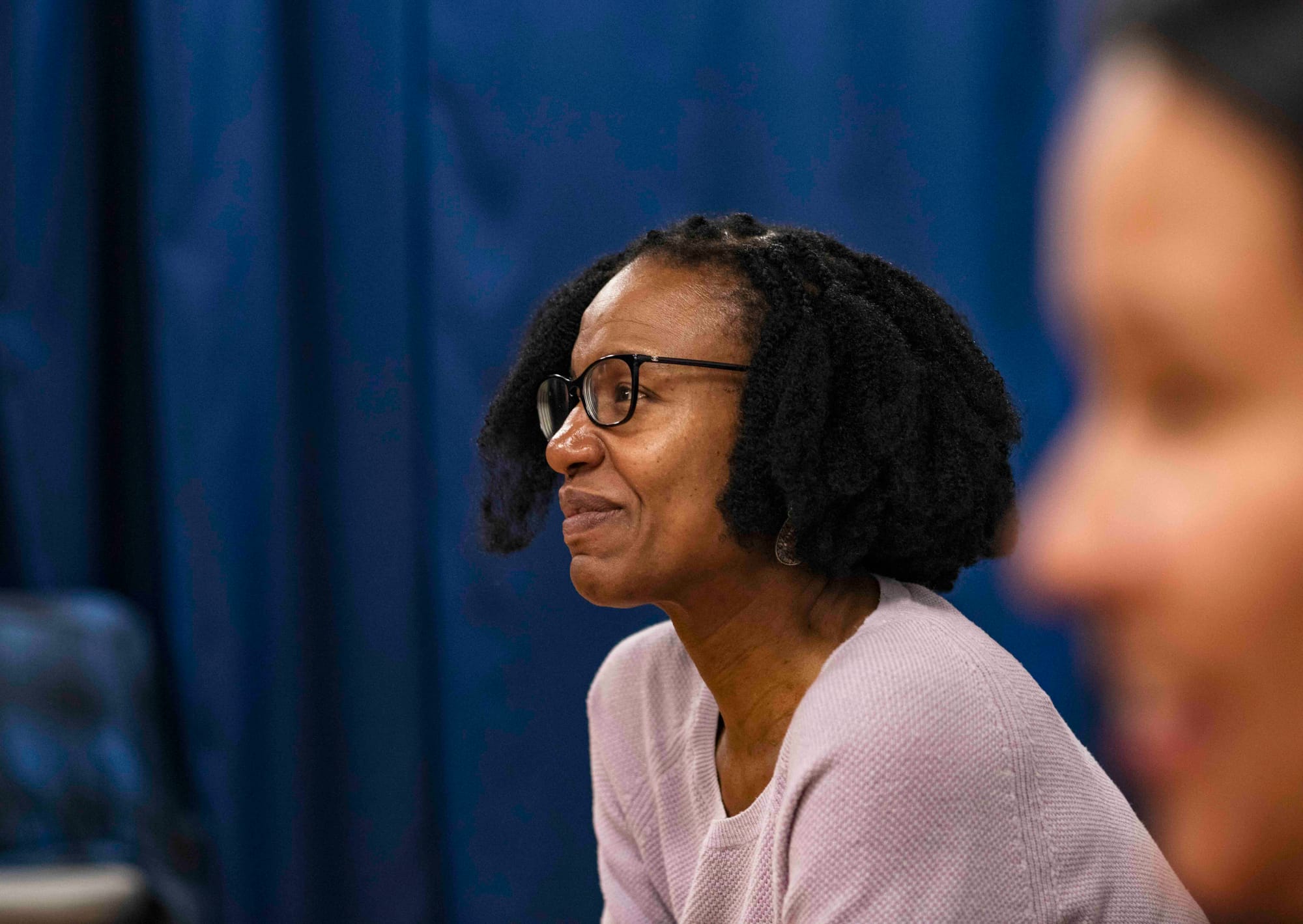
As an actor, I have been privileged enough to play a wide range of characters including parts written specifically for white men. Whilst gender and colour-blind casting provide black women more opportunities, it is important that we see more parts written for black women so that our voices and narratives are also heard.
To reflect the society we live in when creating theatre, we should proactively seek diversity in all areas: age, race, gender, gender identity, sexual orientation, social status etc, not just to tick a box, but to improve the quality of the work and reach wider audiences. We can never truly achieve inclusive programming until we present characters written with specific characteristics in mind.
The response to the call-out was overwhelming in selecting and developing the five plays included in the ‘Ain’t I A Woman’ collection. I put together a panel of judges of black female writers to assist me with selecting a shortlist. It was important to me to present the length and breadth of black female talent, so my shortlist included very disparate stories covering different elements of black British female experiences. The common link was that they centred around the daily lives of black women.
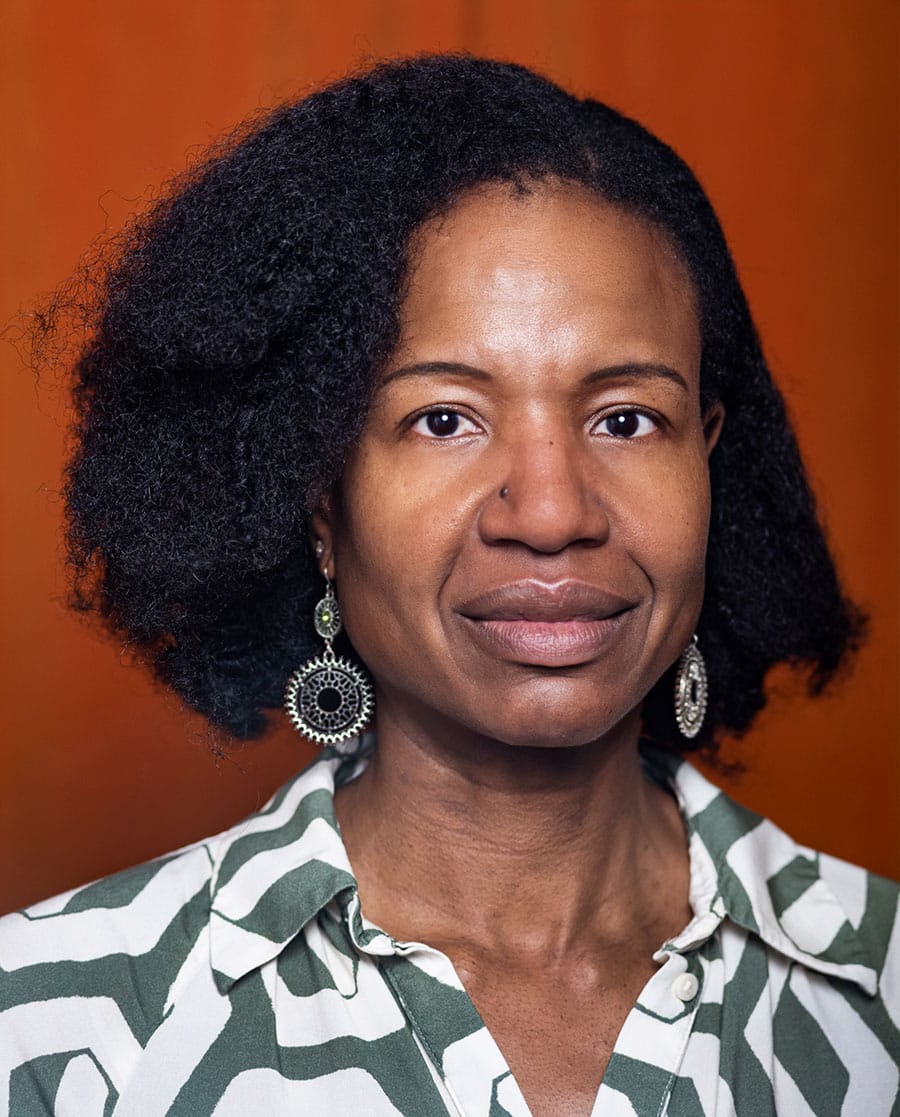
It was an ambitious project because, although they are five short pieces, each is effectively an individual play with its own specific technical needs—resulting in five times the amount of work!
I wanted to turn this into one production so we would have a seamless transition from one play to the next. This would be created through movement and live music. There were so many technical elements involved in the production and with a production period of eight weeks, this meant being very judicious with our use of time and resources. What made all this possible was the amazing team of creatives working on this project (from my co-directors, assistant directors, designers, and stage managers to actors) who all worked very hard in realising this concept.
This project also provided opportunities for people with little theatre experience and helped them to acquire and develop new skills, such as sound design, musical direction, writing and acting. Without all these hard-working, talented people supporting me, this production would not have been the huge success that it was, selling out its run.
Whilst gender and colour-blind casting provide black women more opportunities, it is important that we see more parts written for black women so that our voices and narratives are also heard.
There are some dark and uncomfortable themes explored in these plays, including the microaggressions and casual racism and sexism that black women experience daily. The plays provide audiences with the opportunity to discuss topics that we feel uncomfortable talking about—they permit us to confront some of these issues, using humour and compassion as gateways. When audiences are still discussing elements of the play they have seen, long after they have left the auditorium, I feel that my job has been done as a theatre creative.
It felt special looking around the rehearsal room filled with creatives and seeing mainly black women. I set out on this project to provide a platform for black women, to celebrate black female experiences—learning from and sharing experiences with these incredible women has been a true privilege. There may not be obvious solutions or fixes to what someone might face, but for me, discovering that there are others out there who have experienced something similar means that you are not alone and are also seen and heard. Your voice matters.
Landé Belo has been involved in theatre for the last two decades as an actor, director, producer, assistant director, sound designer, stage manager, light and sound operator, costume designer and artistic director. Her directing credits include: ‘Fix Up’ (2019), ‘I can’t breathe: Being Black in a Time of Covid’ (2021), ‘Mules’ (2021), ‘Leave Taking’ (2022) and ‘The Gift’ (2023). Landé’s various initiatives have driven socially engaged and inclusive programming in UK theatre. As part of her initiative to promote black, female voices in theatre, she produced ‘In Hiding’ (2023) and devised and produced ‘Ain’t I A Woman?’ (2024) which has been nominated for three awards at the Black British Theatre Awards (Best Director, Best Producer and Best Play).
Enjoyed this story and want more?
Become a Disruptors member and enjoy exclusive access to inspiring and insightful stories of positive Disruptors, events, exclusive offers and a platform with a community of like-minded individuals making a positive impact — all while supporting an independent media company dedicated to closing the gender narrative gap, and fostering equality and inclusion by amplifying women’s voices and celebrating those who challenge the status quo for a better world.

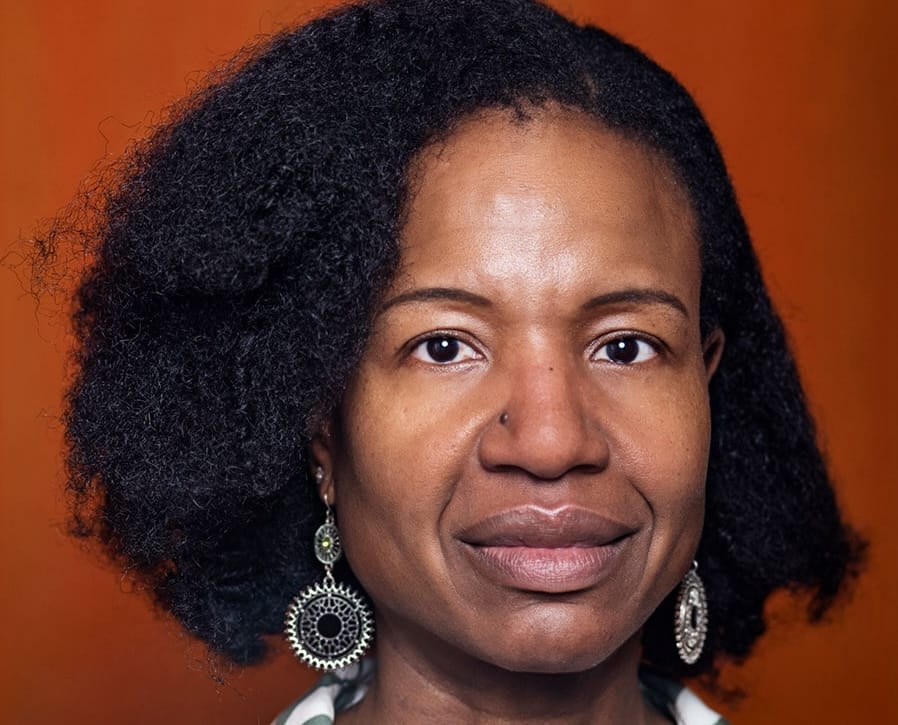


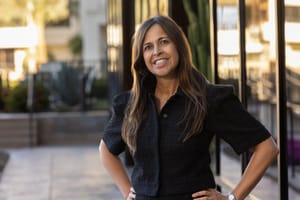


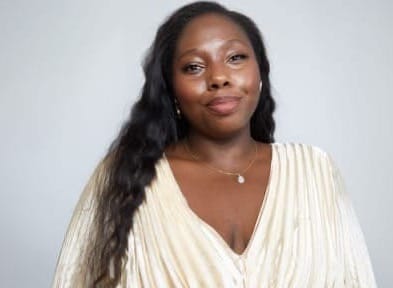


Member discussion